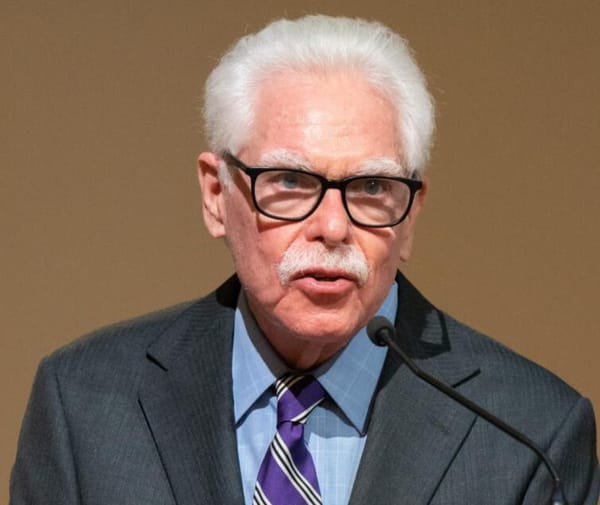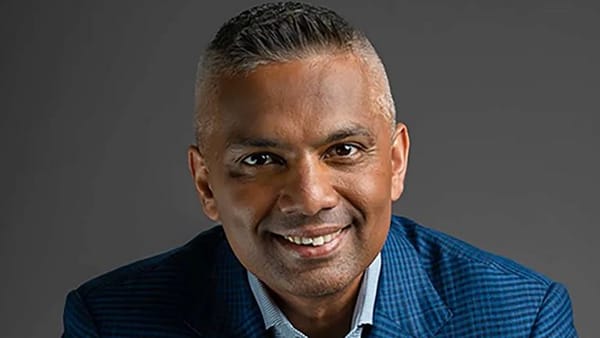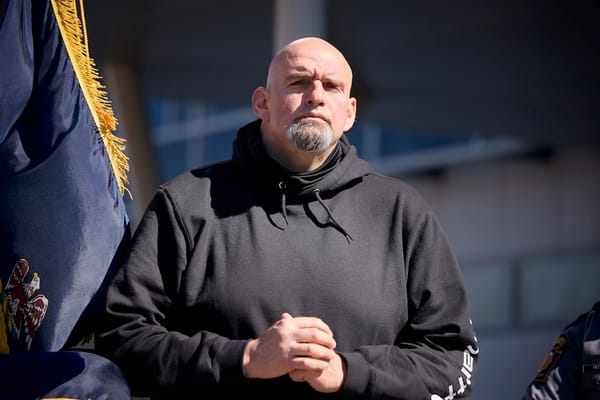April Broadband Breakfast Club on the Role of States in Stimulus Spending
[http://www.eventbrite.com/img/button/register_blue.gif]http://broadbandbreakfast.eventbrite.com/ WASHINGTON, April 8, 2009 – With the fast-moving broadband stimulus package almost certain to stretch the capabilities of federal agencies such as the Commerce Department’s National Telecommunications a
Officials from the District of Columbia, Virginia and Pennsylvania Will Consider States’ Experiences With Broadband Spending
Press Release
WASHINGTON, April 8, 2009 – With the fast-moving broadband stimulus package almost certain to stretch the capabilities of federal agencies such as the Commerce Department’s National Telecommunications and Information Administration, state governments and agencies say they can help expedite the process.
At the Broadband Breakfast Club on April 14, 2009, top officials from a variety of state and quasi-state agencies – including a public utility commission, an information technology agency, and a state-level broadband initiative – will discuss the role that states could play in implementing the $7.2 billion broadband stimulus.
The event marks the kick-off of a new four-part series of the Broadband Breakfast Club: Spending the Broadband Stimulus, by BroadbandCensus.com. For six months now, the Broadband Breakfast Club has brought key stakeholders together to share breakfast and perspectives on broadband technology and internet policy.
A wide range of industry players have discussed topics including: “Should Government Funding Be Part of a National Broadband Plan?”, “What Will Broadband Do to the Universal Service Fund?” and “The Role of Wireless Frequencies in Widespread Broadband Deployment.”
This new series builds on the table set by the previous discussions. The four-month series will drill in detail into the ramifications of the federal government’s leading broadband initiative.
The event will be moderated by Drew Clark, Editor and Executive Director of BroadbandCensus.com. Clark is a veteran telecom and technology journalist, and he founded BroadbandCensus.com in January 2008 as a means of providing the public with a free and objective resource of the wired and wireless local broadband carriers, grouped by ZIP code, by speed, by competition and by consumer satisfaction.
Confirmed speakers include:
- Karen Jackson, Office of Telework Promotion and Broadband Assistance, Commonwealth of Virginia
- Betty Ann Kane, Chairman, D.C. Public Service Commission
- Sue A. Suleski, Technology Investment Specialist and Program Manager for the Pennsylvania Broadband Initiative
(Ed. Note, 4/9/2009 – A variety of speakers from out of the Washington region had been invited, include Jane Patterson Smith of the e-NC Authority, but had conflicting appointments are are not able to attend.)
Telecommunications policy advocates, attorneys, policy-makers and journalists seeking to obtain insights from top officials in Washington can attend the Broadband Breakfast Club, which includes a full American and Continental breakfast, for as little as $45.00, plus a modest registration fee. The events are on the record and open to the public. Register here for the next breakfast event.
For individuals outside of Washington, or whose schedule doesn’t permit attendance in person, archived webcasts of the Broadband Breakfast Club are now available on the BroadbandCensus.com channel on TV Mainstream. One full year of online access to each premium webcast is available for $40.00.
Last week, BroadbandCensus.com launched BroadbandCensus.com Weekly Report, a premium newsletter packed with only the most relevant and actionable news, analysis and insight into the $7.2 billion broadband stimulus. Subscriptions to BroadbandCensus.com Weekly Report are available at the introductory offer of $95.00/month, or $950.00/year. Included within the purchase price is one year of complementary access to each monthly webcast of the Broadband Breakfast Club.
Individuals who register to attend the Broadband Breakfast Club in person will also receive a full year of complementary online access to the webcast, and a $20.00 discount off the subscription price of the BroadbandCensus.com Weekly Report.
The registration page for the event is http://broadbandbreakfast.eventbrite.com.
Beginning at 8 a.m., an American plus Continental breakfast is available downstairs in the Cabinet Room. This is followed by a discussion, beginning shortly after 8:30 a.m. and ending before 10 a.m.
The November meeting, “Should Government Funding Be Part of a National Broadband Plan?” featured a discussion with Stan Fendley of Corning, Kyle McSlarrow of the National Cable and Telecommunications Association and telecommunications consultant John Windhausen, Jr.
The December meeting, “How Applications and Broadband Mapping Harness Demand for High-Speed Internet,” featured Geoff Daily, a blogger for App-Rising.com; Susan Fox, a vice president at Walt Disney; Neal Neuberger, executive director of the Institute for e-Health Policy; and Alan Shark, executive director of the Public Technology Institute. Click here for access to this webcast.
The January meeting, “What Will Broadband Do to the Universal Service Fund,” included Jay Driscoll of CTIA – The Wireless Association; Gregory Rohde, former Assistant Secretary of Commerce under President Clinton and executive director of the the E-9-1-1 Institute; Jennifer Schneider, Office of Rep. Rick Boucher, D-Va., Chairman of the House Energy and Commerce Subcommittee on Telecommunications, Technology and the Internet; and Curt Stamp of the Independent Telephone and Telecommunications Alliance. Click here for access to this webcast.
The February meeting, “The Role of Wireless Frequencies in Widespread Broadband Deployment,” featured Donald C. Brittingham, Assistant Vice President, Wireless/Spectrum Policy, Verizon Communications; Tom DeRiggi, Rapid DSL & Wireless (a local wireless internet service provider); John Kneuer, former Assistant Secretary of Commerce, 2006-2007, John Kneuer Associates; John Muleta, CEO, M2Z Networks; and Steve B. Sharkey, Senior Director, Regulatory and Spectrum Policy, Motorola. Click here for access to this webcast.
The March meeting, “Broadband Competition: Do We Have It, and How Do We Get More of It?” featured Art Brodsky, Communication Director, Public Knowledge; Kathleen Ham, Vice President, Federal Regulatory, T-Mobile USA; Brent Olson, Assistant Vice President, Public Policy, AT&T; Emmett O’Keefe, Director, Federal Public Policy, Amazon.com; andScott Wallsten, Vice President for Research and Senior Fellow, Technology Policy Institute. Click here for access to this webcast.
Because of the limited size of the venue, seated attendance will be reserved the first 45 individuals to register.
The Broadband Breakfast Club: Spending the Broadband Stimulus, is sponsored by the National Cable and Telecommunications Association and the Benton Foundation.








